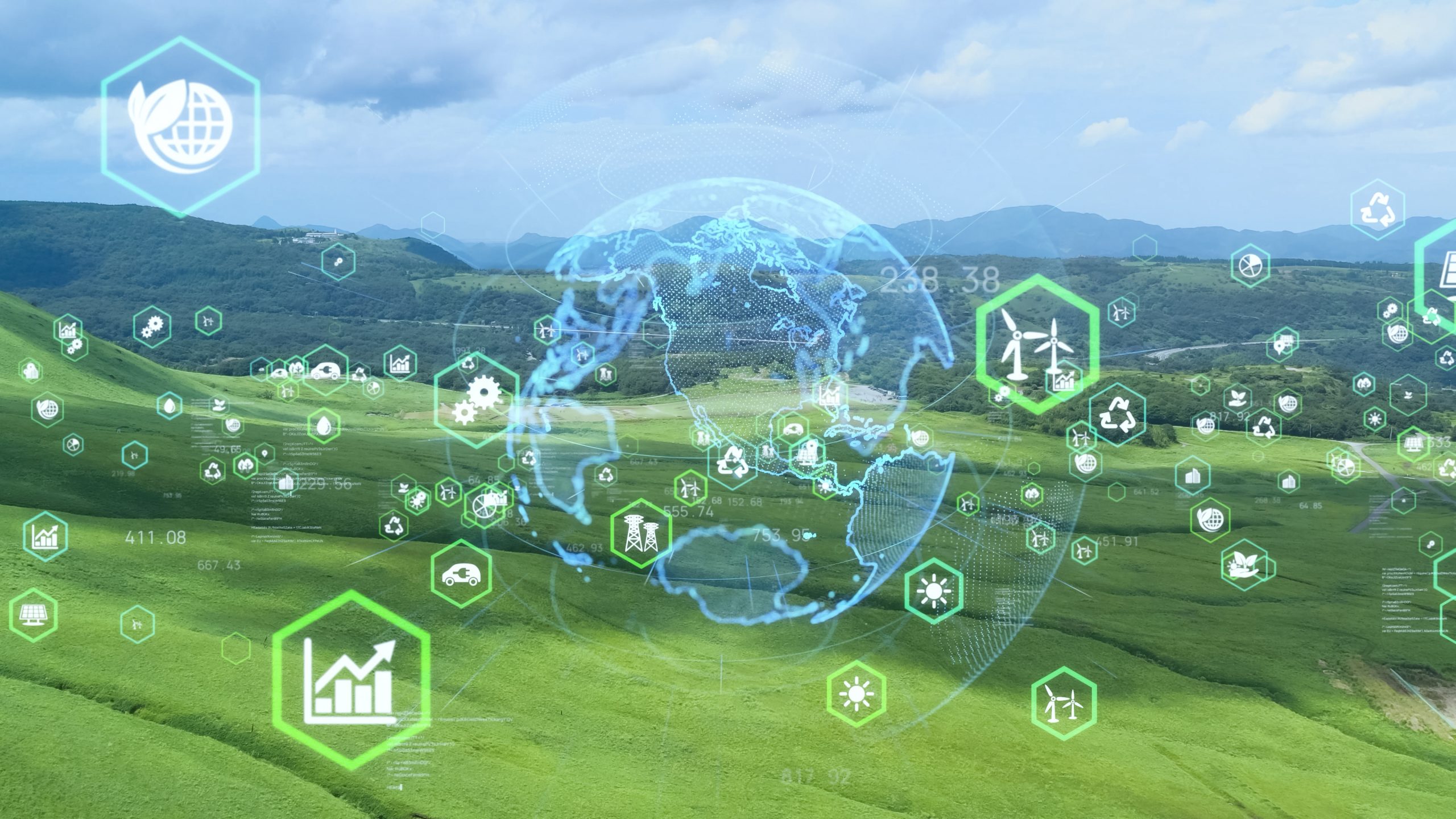

Environmental management has been the focus of recent policy changes and sensor technology can address key challenges such as soil, air and water quality by monitoring in real-time while machine learning platforms can analyse data to create alerts for inadequate conditions.
Sensors can be placed directly into environments such as fields, watercourses, buildings or machinery to collect detailed data regarding agricultural pollutants, soil health and water quality.
Machine learning analytics can intelligently interpret sensor data to offer real-time alerts and solutions to environmental challenges including pollution, emissions from machinery, fertiliser and pesticide use.
Making efficient use of resources and inputs can contribute to improved environmental sustainability and smart sensor deployment can achieve. Conscientious land management can improve yields and provide future generations with productive, sustainable land resources.
A research-backed scale of sustainability can define the environmental standard of a farm business. Sensors can provide data that indicates values for soil health, air and water quality to ultimately inform management decisions for a sustainable business.
Farming sustainably not only benefits the environment, it also reduces costs through the limited use of inputs such as fertiliser and pesticide applications. Machine learning enables effortless regulation compliance with a focus on environmental benefits.
Intelligent sensor deployment in arable fields enables real-time monitoring of growing conditions, ensuring that factors such as nutrient and fertiliser application can be targeted as opposed to blanket treatment of fields. This reduces chemical inputs and overall costs.
Machine learning algorithms combined with intelligent data can offer insights into effective resource use, financial, livestock and land management to ensure that a farm business is robust and future-proof, as well as sustainable.
Maintaining an economically stable farm enterprise is vital for success. Deep learning technology can provide innovative solutions to address factors such as sustainability, environmental management, livestock and crop health alongside financial viability.